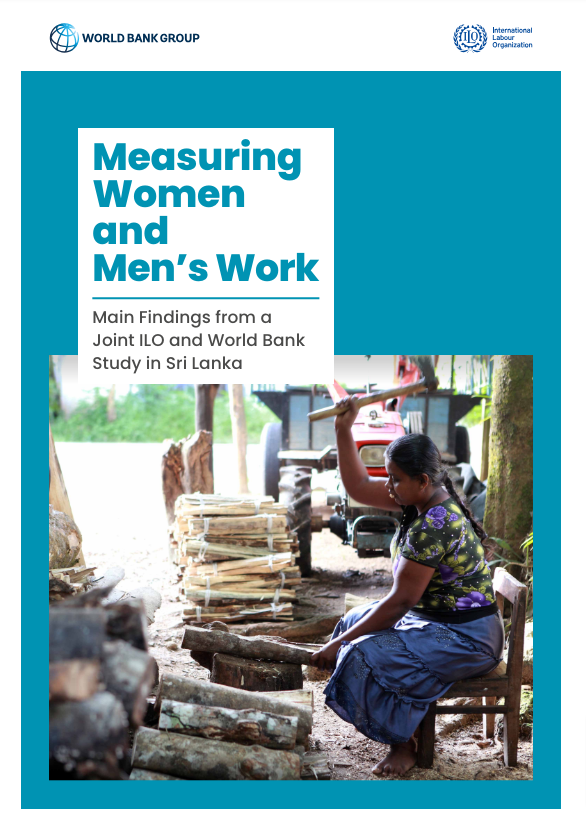
Happiness: a key metric to understanding decent work
On the International Day of Happiness, we underscore the importance of integrating happiness measurement into our understanding of decent work and the wellbeing of workers, employers, and societies.
Happiness: a key metric to understanding decent work Read More »








